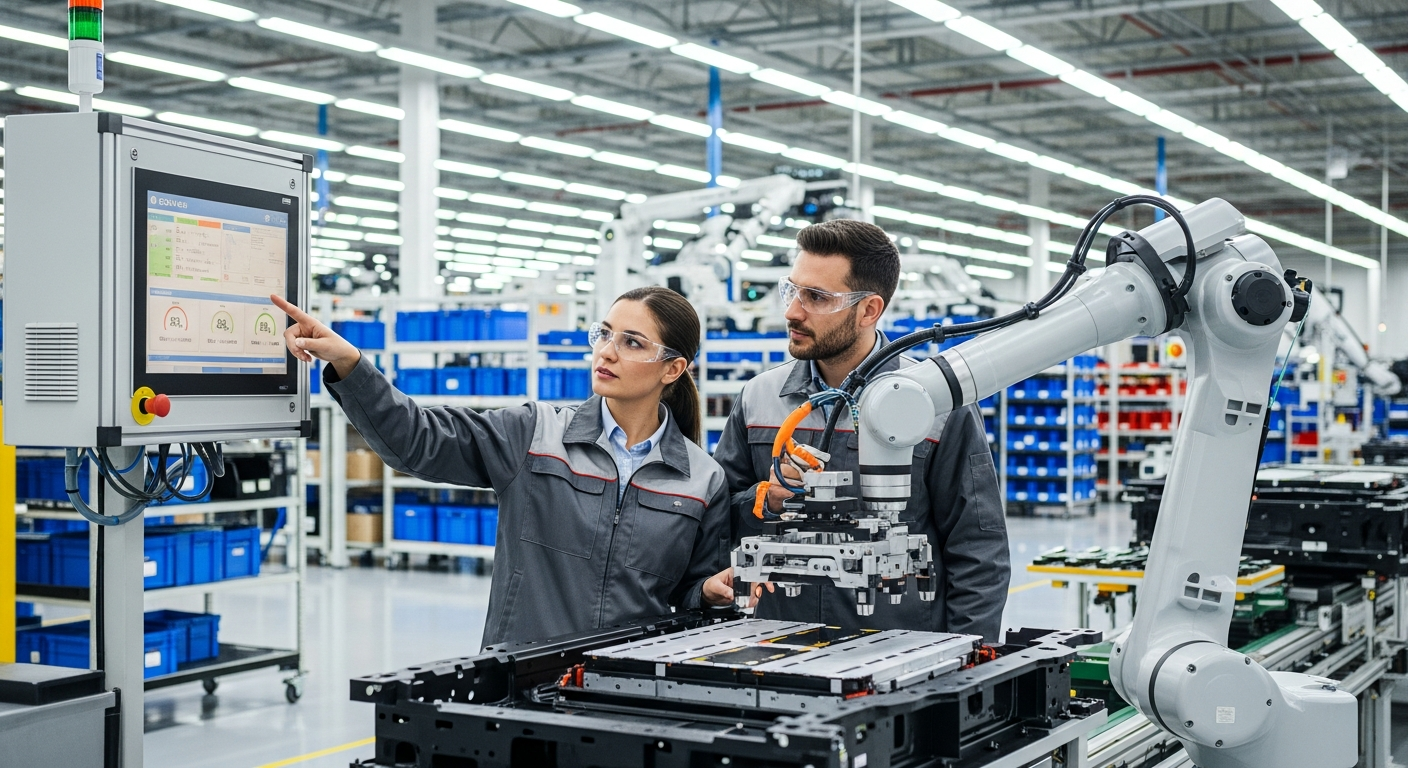"Highway to Hydrogen: The Resurgence of Fuel Cell Cars"
Imagine a world where your vehicle emits only water vapor, a world where you don’t have to worry about contributing to air pollution every time you start your engine. This is the promise of hydrogen fuel cell cars. Yet, despite their apparent benefits, they have been largely eclipsed by electric and hybrid technology. So why are they making a comeback now? Let's dive into the fascinating world of hydrogen fuel cell vehicles.

The Dawn of Hydrogen Power
Hydrogen fuel cell technology is by no means a recent invention. The concept first emerged in the 19th century, but it was not until the space race of the 1960s that it found its first practical application. NASA used fuel cells to power the electrical systems of spacecraft, providing a solution that was both lightweight and reliable. Despite this early success, the technology had several hurdles to overcome before it could be used in cars, including the challenge of safely storing hydrogen and the high cost of fuel cells.
The Fuel Cell Technology
Fuel cell technology operates on a simple principle: it converts chemical energy into electrical energy. Hydrogen, the lightest and simplest element, is combined with oxygen in a process called oxidation. This process generates electricity, with the only by-product being water. Notably, the electricity produced can power an electric motor, making fuel cell vehicles essentially electric cars that use hydrogen as a source of energy instead of a battery.
The Rise, Fall, and Rise Again
Despite their potential, fuel cell vehicles have had a tumultuous history. In the early 2000s, several car manufacturers released prototypes, promising a hydrogen-powered future. Yet, by 2010, the hype had died down. Electric cars, requiring less infrastructure and offering more practicality, had stolen the limelight.
However, the story doesn’t end there. Recent years have seen a resurgence of interest in hydrogen fuel cell vehicles. Crucially, technological advancements have made fuel cells cheaper and more efficient, reigniting the industry’s interest.
The Road Ahead
Today, the automotive industry is taking a fresh look at hydrogen fuel cell vehicles. Infrastructure remains a challenge, but efforts are being made to build more hydrogen refueling stations. Furthermore, the environmental impact of battery production and disposal is leading some to argue that hydrogen might be a cleaner option.
Conclusion
Hydrogen fuel cell vehicles, once dismissed as a pipe dream, are now being given a second chance. With new technological advancements and a renewed focus on sustainable energy, the road ahead for these vehicles looks promising. The question is, will they be able to take their place alongside electric cars in the clean energy revolution? Only time will tell.






